
Newport News Car Accidents Attorneys
Aggressive Representation Since 1979
Were you seriously injured in a car accident in Newport News, VA? At Kalfus & Nachman PC, we are on your side to help you fight to obtain the full and fair compensation to which you are entitled. Following your injuries, your most important priority needs to be recovery. With experienced Newport News car accident attorneys on your side, you can feel confident about your ability to pay for all the healthcare services necessary to get back to life as quickly and fully as possible.
Call (855) 880-8163 now or contact Kalfus & Nachman PC online to schedule your free consultation and begin planning your case.
How We Can Help You Obtain Compensation
Pursuing a claim for your injuries means bringing a lawsuit against an individual or, more often, their insurance carrier. These companies have a reputation for protecting their interests and avoiding responsibility at all costs.
In many cases, the first call an injury victim receives is one from an insurance representative asking them how they are doing and offering to cover the cost of their healthcare. Unfortunately, these initial settlements are usually far below the amount needed to truly do so. Kalfus & Nachman PC knows the strategies that work when fighting for the compensation you need.
We can help you:
- Prove that you were not at fault for your injuries
- Demonstrate the severity of damages caused by the other party
- Show how they were responsible for the accident
- Detail the full extent of the compensation you need to obtain
- Deal with the insurance company
By working with our team, you will have all the information and counsel you need to get through your legal proceedings. Our firm has handled thousands of cases, securing millions of dollars in damage awards along the way.
Common Car Accident Injuries
- Head injuries
- Spinal cord injuries
- Neck and back injuries
- Traumatic brain injuries (TBI)
- Chest injuries
- Whiplash
- Fractures, sprains and lacerations
- Internal injuries (bleeding, organ damage, and ruptured blood vessels)
- Facial injuries (minor cuts, broken jaws, facial fractures)
- Burns
- Vision and hearing loss
Important Car Accident Documents
From the moment you are injured in a car accident, you should keep all documents pertaining to the accident and your medical treatment, as these will be necessary to prove your claim. However, if you are unable to collect all of these documents, our attorneys can help you to get them while you focus on healing. It is also important to remember to only speak with your Virginia car accident lawyer, as the other party's insurance agency may contact you to press for a settlement.
Some of the most important car accident documents we will need to review to prepare your case include:
- Insurance policy: You should have a copy of your insurance policy for us to review what type of an insurance recovery you may be entitled to. Your insurance company can provide one if you do not have one at home. You may be able to get a copy of your policy and declarations page online from your insurance company.
- Evidence of premium payments: Please bring in any insurance statements you have, as well as your insurance cards.
Information exchanged at the accident scene: If you are fortunate enough to have eyewitnesses to your accident, you should bring in their information and statements. Signed eyewitness statements help a car accident case tremendously. - Police report: Police reports contain very important information that allows us to fully understand the details of your case. If you do not have a copy of the accident report, we will be able to obtain one on your behalf.
- Tickets/citations related to the accident: If you were issued a ticket at the scene of the accident, we will also need to see this.
- Photographs or videos: The best way to preserve evidence is with photographs or videos of the accident scene. Take pictures of the vehicles, the surrounding area and any contributors to the accident such as road debris or obscured traffic signs. Do not post any photography or videography on social media.
Low Impact Car Accidents That Still Cause High-Level Injuries
Some people speculate that a “low-impact” car crash will not lead to serious injuries, but this theory is simply not true in many cases. According to DriversEducationUSA.com, a DMV-approved site, “A moving vehicle has a massive amount of kinetic and momentum force and if these occur in a crash, this massive amount of momentum force needs to be absorbed, which can be very deadly and causes a lot of damages. The heavier the vehicle, the faster the speed and the greater the amount of momentum energy that needs to be absorbed in case of a crash.”
DriversEducationUSA.com continues to explain that if you’re in a head-on collision with another vehicle or if you hit a solid object, such as a building or a tree, “the momentum force will have a much stronger and forceful impact because it needs to be absorbed instantly.” And, if you hit another car that is going the same speed, the larger, heavier vehicle will have more force and in effect, it will cause more damage to the smaller vehicle.
So even a low-impact crash can cause drivers and passengers to suffer high-level injuries, such as:
- Whiplash: Whiplash is an injury to the neck that occurs when a car is rear-ended, causing the neck to snap back and forth in a rapid motion. Whiplash can lead to a number of symptoms, including neck pain, headaches, stiffness, numbness or tingling in the arms, blurred vision, sleep disturbances, memory problems, ringing in the ears and more.
- Traumatic Brain Injury: The symptoms of a traumatic brain injury (TBI) can appear immediately after a crash, or they may not be noticeable for days or even months after an accident. Some signs of a TBI include headaches, irritability, trouble concentrating, dizziness, fatigue, anxiety, depression, sleep disturbances, repeated vomiting, slurred speech, and decreased coordination.
- Spinal Cord Injury: A spinal cord injury can lead to paraplegia, triplegia or quadriplegia. Some of the most common signs of a spinal cord injury include breathing problems, loss of bladder or bowel function, loss of feeling in the arms or legs, muscle weakness or paralyses in the trunk, heart rate problems, blood pressure problems, or sexual dysfunction.
Some of the most serious low-impact, low-speed crashes that lead to catastrophic injuries include pedestrian and bicycle accidents. Even though these types of accidents often occur at low speeds, they can be deadly because pedestrians and bicyclists are not protected by thousands of pounds of steel.
Who Pays for the Medical Treatment for My Injuries From an Auto Accident?
Under Virginia law, the person who was negligent and caused your injuries is responsible for the costs of any and all medical treatment that is associated with the injuries he, she or it caused. This applies to car accidents, slip and falls, and other situations. However, that person and/or his or her insurer may be dragging its feet on paying your claim or perhaps even contesting responsibility for your injuries.
In the event you find yourself in this scenario, there are a number of different options you can utilize in order to receive the medical care you need for your injuries:
- Use your health insurance: If you have health insurance, whether through an employer or a private policy that you purchased either directly from an insurer or through a healthcare exchange, the medical treatment you receive is something that your existing health insurance can and should cover.
- Healthcare providers may offer treatment with delayed payment or a lien on your personal injury case. Healthcare providers often will provide treatment to an injured person by agreeing to accept payment once your personal injury claim has been resolved by accepting an assignment of benefits or agreeing to assert a lien against any recovery you may receive from your personal injury lawsuit.
- Virginia law allows healthcare providers to place a lien on your injury compensation to recover their costs.
Get Medical Treatment if You Need It!
The most important thing to do if you have been injured as a result of someone else’s negligence is to obtain whatever treatment you need. If you do not seek treatment, not only is there a greater likelihood that whatever injuries you suffered may become permanent, but it can also hurt the value of your personal injury claim in several different ways.
- If you do not seek treatment for your injuries, the other driver may try to use that fact against you to argue you were not hurt as badly as you claimed to be.
- It also may reduce the value of your personal injury claim from the insurance company’s perspective, as insurers often measure the value of a case by the amount of medical bills an injured person has outstanding. This can ultimately affect the value of your case at a mediation or in settlement negotiations.
Compensatory Damages After an Auto Accident in Newport News
Compensatory damages after an auto accident intend to repay or mitigate the loss to an injured party. Losses such as wages, property damage, and medical expense, can be quantified comparatively easily. But it is difficult to put a dollar value on pain and suffering or the inability to pursue hobbies due to physical limitations caused by auto accident-related injuries.
In this article, we have summarized the most common compensatory damages you can recover after an auto accident in Virginia.
In the state of Virginia, compensatory damages for an accident or injury further fall into two basic categories: economic and non-economic damages.
Economic Damages
Economic Damages are to cover out-of-pocket expenses the plaintiff has spent or will expect to incur in the future as a result of the accident. The intent is to reinstate victims in the place where they would have been if they were not injured.
Economic damages often include:
- Past and future Medical expenses
- Property damages
- Lost Wages
- Loss of Earning Capacity
Non-Economic Damages
Non-economic damages are to cover losses that are hard to assign a monetary value. Non-economic damages may include compensation for:
- Pain and suffering
- Emotional distress
- Disfigurement or deformity
- Past and future inconvenience
- Loss of enjoyment of life
Punitive Damages After an Auto Accident
In addition to the compensatory damages, a personal injury claimant can recover punitive damages where the defendant's action is found exceptionally grievous or reprehensible. The intent to award punitive damages is to punish the defendant and deter others from such behavior.
Will I Have to Go to Court for My Car Accident?
If you've been involved in a car accident that you believe was caused by the negligence of another, you may be wondering if you should seek legal representation. For decades, our Newport News car accident attorneys have been helping clients seek justice and financial compensation after an accident. At Kalfus & Nachman, we have the experience you need when filing a lawsuit. We will put in the necessary research to determine exactly what caused your accident and how much financial compensation you may need to repair the damages and heal from your injuries.
If you choose to file a lawsuit, you may be wondering if you'll have to go to court. In this video, our attorney, Chris Jacobs, explains whether you'll have to go to court and how we thoroughly prepare all of our clients if they do have to go to court.
I Was in a Car Accident and My Attorney Filed a Lawsuit, What’s Going to Happen Next?
After meeting with you and investigating your case, your attorney might advise you that your best option for recovery might be filing a lawsuit. A lawsuit is also referred to as a complaint. The lawsuit will state the facts surrounding your injury, the specific claims against the defendants, and the amount of compensation you are seeking.
What will happen first in the event of a lawsuit is that the opposing party will be served the court documents you filed. Usually the sheriff will serve the lawsuit on the defendants for a fee. In Virginia you have one year from the date of filing the lawsuit to serve the lawsuit on the defendants.
Next is the discovery process, in which the opposing parties obtain further evidence from one another. By law one party must provide relevant discovery documents to the other party upon request, unless this information was prepared in advance of trial, in which case this is protected from disclosure.
Sometimes your attorney might advise you to consider bringing your case before a mediator, which can happen before or after a lawsuit is filed in an effort to avoid trial. Mediation is simply an informal proceeding in which the parties attempt to reach an agreement in the case. In Virginia, mediation is optional, but in some states it is required before the case is taken to trial.
If the matter has not been settled or resolved by the court via motion, the next phase of a case is trial. In this process, either a judge or a jury will evaluate the facts, determine fault and possibly award damages.
Depending on the specific issues in the case, the losing party may appeal a case. In this circumstance sometimes the attorney and client may part ways; a person may elect to seek other counsel, or the attorney may not want to take the appeal. Typically, unless stated, an attorney’s representation of you ends upon completion of the trial.
Call (855) 880-8163 Now
It is never advisable to bring a lawsuit against an insurer on your own. Their legal teams are often among the most aggressive and well-connected, and they will stop at nothing to avoid paying you the compensation you need. Kalfus & Nachman PC understands the strategies that work when building cases. We can help you identify the best way to proceed through your case, keeping you informed and up to date throughout the entire process.
Get started on your free consultation by calling (855) 880-8163.
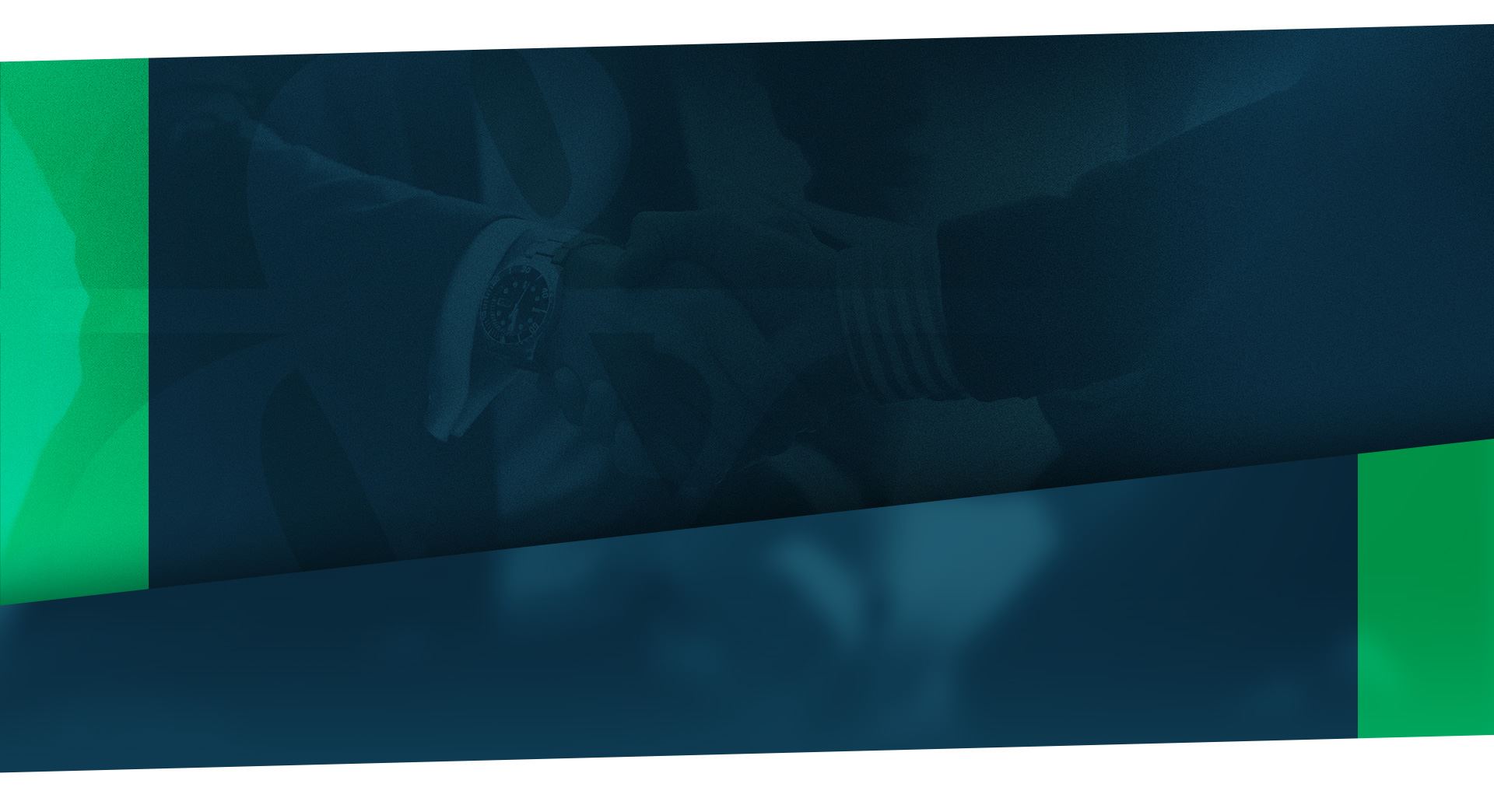
How Is Kalfus & Nachman Different?
-
You Will Pay No Fees Unless We Win Your Case
-
We Have Recovered Millions of Dollars for Our Clients
-
Our Attorneys Are Well-Equipped to Fight Insurance Companies
-
We Have Successfully Handled Thousands of Cases Since 1979
-
We are a Full-Service Firm with Multiple Locations
-
Se Habla Español

Awards & Accolades

We Mean Business
Read Our Recent Case results
-
$10.9 Million Traumatic Brain Injury
-
$10.5 Million Truck Accident
-
$7 Million Auto Accident
-
$5.147 Million Truck Accident
-
$2.15 Million Premises Liability

Meet Our Team
Tell Them We Mean Business
-
 Paul R. Hernandez Attorney
Paul R. Hernandez Attorney -
 A.J. Kalfus of Counsel
A.J. Kalfus of Counsel -
 Stuart L. Nachman of Counsel
Stuart L. Nachman of Counsel -
 Richard F. Aufenger, III of Counsel
Richard F. Aufenger, III of Counsel -
 Jesse M. Suit III of Counsel
Jesse M. Suit III of Counsel -
 Thomas A. Fitzgerald, II Attorney
Thomas A. Fitzgerald, II Attorney -
 Seth D. Scott Attorney
Seth D. Scott Attorney -
 Christopher I. Jacobs Attorney
Christopher I. Jacobs Attorney -
 Michael J. Levens Attorney
Michael J. Levens Attorney -
 Colin P. O'Dawe Attorney
Colin P. O'Dawe Attorney -
 Neal C. Schulwolf Attorney
Neal C. Schulwolf Attorney -
 Deborah B. Vaughn Attorney
Deborah B. Vaughn Attorney -
 Michael Sternberg Attorney
Michael Sternberg Attorney -
 Olivia T. Donahue Attorney
Olivia T. Donahue Attorney -
 Brian A. Thomasson Attorney
Brian A. Thomasson Attorney -
 Jeffry A. Sachs Attorney
Jeffry A. Sachs Attorney -
 Gregory E. Camden Attorney
Gregory E. Camden Attorney -
 Gregory L. Sandler, Esq. Attorney
Gregory L. Sandler, Esq. Attorney -
 Massimo Morabito Attorney
Massimo Morabito Attorney


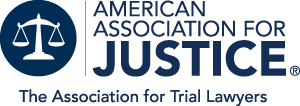
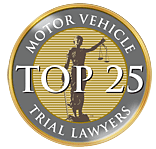













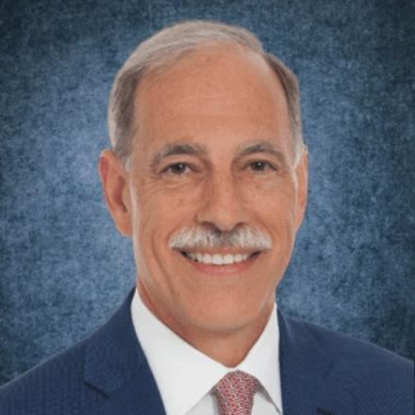

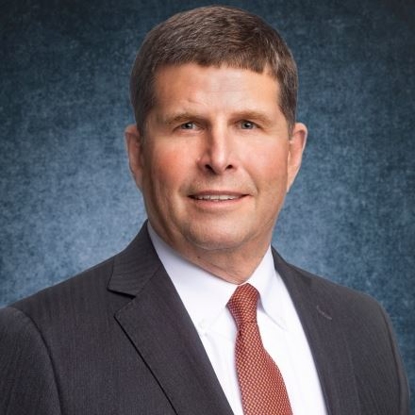
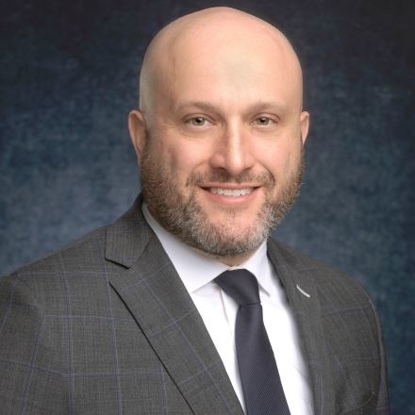







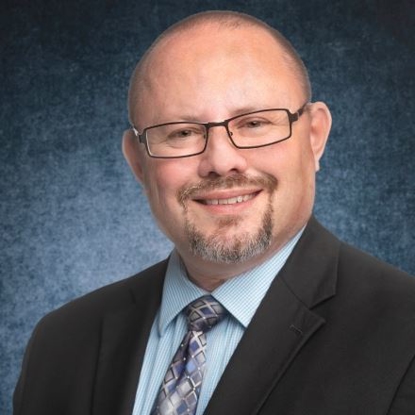

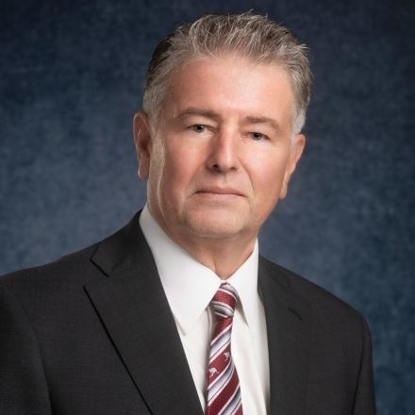

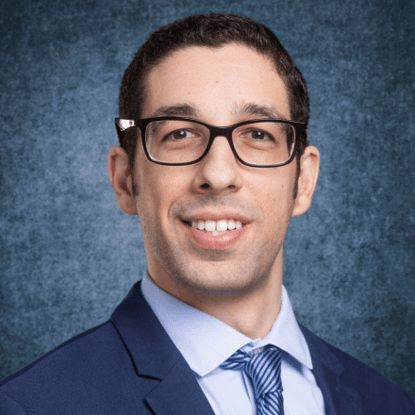

-NT.2502271247084.png)
-NT.2502271241184.png)